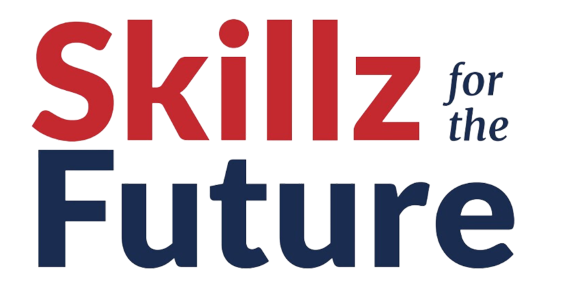Embarking on a career in engineering is not merely a professional choice; it’s a journey into a world of innovation, problem-solving, and practical marvels. Whether you are fascinated by the intricacies of machines, structures, or the desire to unravel the mysteries of how things work, engineering beckons individuals with a unique set of skills and characteristics. In this article, we explore the key skills that define successful engineers and explore the diverse paths within the realm of applied science.
Core Skills for Engineers
Inquisitive Nature:
Engineers possess an innate curiosity about the workings of the world. They are the ones who find joy in fixing broken things, exploring the mechanisms of devices, and seeking ways to enhance functionality. This inquisitiveness fuels their drive for continuous improvement.
Educational Pursuit:
A solid educational foundation is fundamental for
engineers. Typically requiring a degree in engineering, the educational journey encompasses rigorous studies in mathematics and physics. This intellectual prowess lays the groundwork for the analytical and problem-solving skills that engineers employ in their professional endeavours.
Methodical Approach:
Methodical precision is a hallmark of engineers. They exhibit exceptional organisational and time management skills, ensuring that projects unfold seamlessly. This disciplined approach extends to the meticulous planning and execution of tasks, a trait vital for project management.
Analytical Prowess:
Engineers excel in analytical thinking. They possess the ability to dissect complex issues, break them down into logical components, and develop systematic solutions. This analytical mindset is a cornerstone for addressing challenges and innovating in diverse engineering domains.
Project Management Mastery:
As engineers progress in their careers, project
management becomes a crucial skill. The ability to plan, coordinate, and execute projects efficiently distinguishes successful engineers. These skills become especially vital in leadership roles where overseeing teams and projects is a common responsibility.
Creativity and Innovation:
Beyond analytical thinking, engineers are adept at
unleashing creativity and innovation. They are life’s problem solvers, employing both conventional and out-of-the-box approaches to find novel solutions. The blend of analytical rigour and creative thinking defines the engineer’s toolkit.
Leadership and Teamwork:
Collaboration is at the heart of engineering endeavours. Engineers often work in diverse teams, sometimes spanning the globe, particularly on significant projects. Developing leadership skills is imperative for senior engineers who guide these teams. Strong intercultural awareness enhances effective collaboration.
Continuous Learning Commitment:
Professional growth in engineering demands a
commitment to lifelong learning. Many engineering branches have specific professional qualifications, necessitating engineers to stay abreast of evolving technologies and methodologies. Continuing professional development is integral to maintaining professional standing.
While the term ‘engineer’ often denotes individuals with extensive qualifications, it also encompasses roles that involve practical, hands-on work with machines and engines. These roles, which include technicians repairing machines and appliances, may not require an engineering degree but demand similar skill sets. Practicality, methodical thinking, and technological adeptness are essential for success in these technician-level roles.
Engineering, with its technical complexities and real-world applications, is a realm that beckons those with a keen interest in the practical sciences. If you possess numerical acumen, a passion for practical science, and an unrelenting curiosity to unravel the mysteries of technology, engineering could be your calling. For those with a more practical approach but lacking in numeracy skills, technician-level roles still offer a fulfilling pathway into the dynamic world of applied science.
